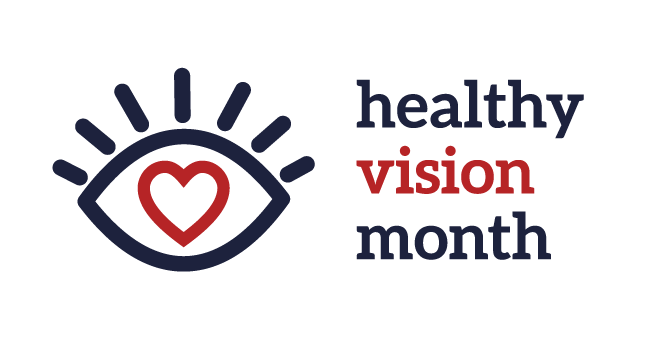Eye Health Tips for High School and College Students
Students face special challenges to the eyes when they are under academic performance pressure. Lack of sleep, prolonged computer use and long hours studying make for tired eyes that are dry, scratchy and achy.
Prolonged computer use contributes to eye fatigue because you blink less frequently. Less blinking significantly reduces lubrication in the eye making it feel tired, scratchy and “dry” as a result. Also eyes are not designed for prolonged focus on a single object, such as the computer. Remedy: place a note on the computer screen as a reminder to blink and to look away from the screen and focus on objects in the distance. Looking out a window (20 – 20 – 20 rule: for every 20 minutes of computer work, look away for 20 seconds, and focus on a scene or object at least 20 feet away) is a good break for the eyes. The key is to give your eyes a rest.
“Dry eye” is a common feeling from not giving your eyes enough rest while some people just naturally do not produce enough tears to keep their eyes healthy and comfortable. Some common symptoms of dry eye are stinging and burning to the eyes, scratchiness, excessive eye irritation from smoke or wind and excessive tearing. Remedy: If you have occasional symptoms of dry eye, you should try eye drops called artificial tears. These are similar to your own tears and help lubricate the eyes and maintain moisture. For persistent “dry eye,” see your Eye MD.
Contact Lenses and Sleep Deprivation
When a contact-lens wearer stays awake studying for 18-20 hours or more with their contacts in, it’s almost the equivalent of sleeping with contacts in, something that Eye M.D.s warn against. Prolonged wearing of your contact lenses is a problem for people who wear regular hydrogen lenses, since traditional hydrogels are relatively less permeable to oxygen than newer alternatives like silicone hydrogels. The eye needs oxygen to keep it healthy. Without regular exposure to oxygen, the eye’s cornea can become inflamed and the vision blurry. Prolonged contact lens use can even lead to infections or corneal ulcers that in the worst case can permanently damage vision.
For more information about proper contact lens care: http://www.geteyesmart.org/eyesmart/glasses-contacts-lasik/contact-lens.cfm
Sometimes students fall asleep without knowing it (with their contacts in), while studying. Remedy: Alternate wearing contact lenses with use of eyeglasses during long study periods. Also, students with irregular sleep patterns can wear contact lenses made of silicon hydrogen, a new material with improved oxygen permeability, which may reduce risk of infection and discomfort.
This article reprinted with permission from the American Academy of Ophthalmology’s EyeSmart® program (www.geteyesmart.org).

